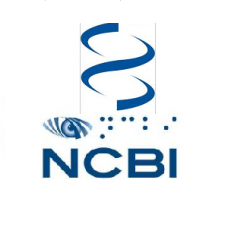DISCUSSION
Mincle has a central role in the host defense against mycobacterial infection as the major receptor for mycobacterial cell wall component TDM. The activating role of this signaling molecule in the proinflammatory response has been well studied; however, little is known about the mechanism that leads to dampening of this inflammatory signal. In this study, we provide multiple lines of evidence demonstrating that CD11b is the crucial negative regulator of Mincle signaling and therefore has an important role in Mtb infection. First of all, our observation that CD11b deficiency resulted in a significantly enhanced Mincle-dependent inflammatory response against TDM and BCG challenge extends the function of CD11b in Mtb infection. Phagocytes from patients with tuberculosis possess augmented CD11b/CD18 expression, which is thought to promote cell adhesion and accumulation at the infection site.30 During Mtb infection, the immune response is mediated by TLRs, which are activated by various molecular patterns on Mtb.31 Recent work revealed that CD11b facilitates proteasomal degradation of Myd88 and TRIF upon TLR3, 4 and 9 activation, thereby inhibiting the inflammatory response.14 Bang and colleagues also reported that CD11b downregulates DC-mediated cross-priming through miR-146a.32 Here we demonstrated that CD11b interferes with the proinflammatory response induced by the Mtb-specific PAMP TDM and confirmed that live Mtb infection also induces increased cytokine production in CD11b− / − BMMs. Although TLR and Mincle signaling are negatively regulated by CD11b through different mechanisms, these signals converge on nuclear transcription factor-kappaB and synergistically enhance the inflammatory response toward Mtb infection.








